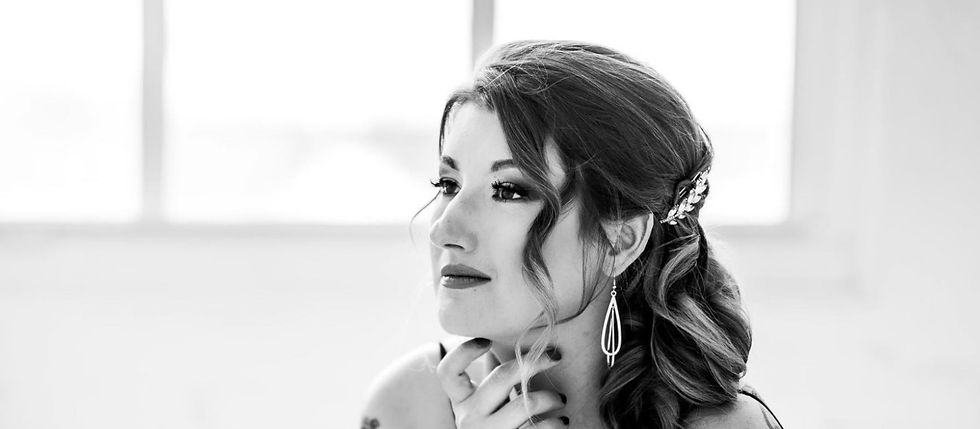Unlearning to Reclaim: Rachel Cargle on Inner Liberation and Collective Freedom
- Jul 3, 2025
- 3 min read

Rachel Cargle is a woman whose voice moves with intention, reshaping not just conversations but the very landscapes in which they’re held. As an author, educator, and founder of The Loveland Foundation, she invites women—especially Black women—to unlearn, unpack, and unapologetically reclaim their space in the world. Her work is not performative, nor is it built for quick applause. Instead, it is rooted in a deep, transformational truth: that liberation begins within, and from that place, we can build something far more powerful—collective freedom.
For Rachel, freedom isn’t a singular moment or a solitary experience—it’s a lifelong journey of unraveling what the world has told us we should be. Raised in Ohio and later educated in both anthropology and women's studies, she quickly realized that existing systems of power and privilege were designed to exclude voices like hers. But rather than shrink or conform, Rachel did what she now teaches others to do: question, challenge, and evolve.
Her viral 2018 TEDx talk, “I Don’t Want Your Love and Light,” catapulted her into public consciousness. In it, she eloquently unpacked the dangers of white feminism and the importance of intersectionality—words that resonated deeply and stirred necessary discomfort. But Rachel’s message didn’t stop at critique. It evolved into a call to action: for women to take up space, to explore their internalized beliefs, and to participate in their own liberation by asking, “Who taught me this, and do I still believe it?”

This process of unlearning is central to Rachel’s philosophy. Whether through her bestselling book A Renaissance of Our Own, her online learning platform The Great Unlearn, or the therapy-funded initiatives through The Loveland Foundation, Rachel champions a radical, tender kind of empowerment. It’s not about arriving fully healed or polished. It’s about giving ourselves permission to question deeply, rest freely, and exist wholly.
The Loveland Foundation, launched in 2018, is perhaps the most tangible example of her commitment to inner and outer freedom. It was born from a single birthday fundraiser on Instagram, where she raised over $250,000 to provide therapy for Black women and girls. What began as a gift turned into a movement—one that continues to dismantle barriers to mental wellness and ensure that emotional care is accessible to those who have long been denied it.
Rachel’s voice is not loud by necessity—it is resonant by choice. She doesn’t speak just to be heard; she speaks so that others might find the courage to do the same. Through her work, she teaches that speaking your truth isn’t just an act of bravery—it’s an act of healing. And for many women who have been marginalized, silenced, or told to “tone it down,” her message is electric. It says: You are allowed to take up space. You are allowed to rewrite the story. You are allowed to be free.
In a world obsessed with productivity and performance, Rachel’s insistence on rest, reflection, and reclamation is revolutionary. She urges women to detach from narratives of worthiness based on suffering or sacrifice and to embrace a more nourishing model of power—one rooted in community, care, and consciousness.

Rachel Cargle is not just a thought leader; she is a freedom builder. Her work reminds us that liberation is not just political or cultural—it is deeply personal. And when a woman begins the process of unlearning and reclaiming herself, she sets off a ripple that transforms everyone around her.
In this edition of Becoming An Unstoppable Woman Magazine, Rachel’s story is a beacon. It reminds us that every woman holds within her the capacity to break free, not by becoming something else, but by remembering who she truly is.




Comments